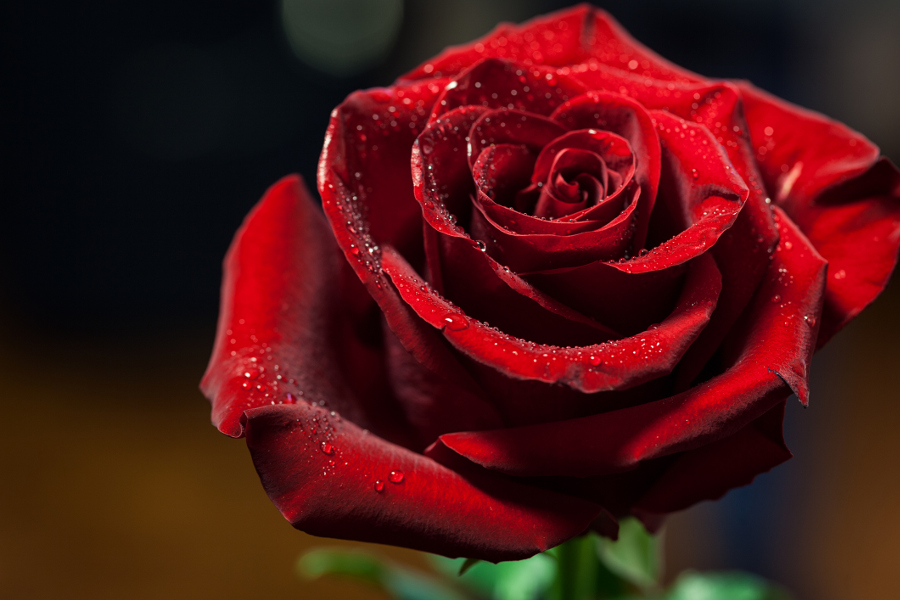In his beloved play, Romeo and Juliet, Shakespeare taught us that, “a rose by any other name would smell as sweet.” In other words — a person or thing is special because of what it is, not what it’s called. And regardless of its name, we think it’s clear that a rose is pretty unique. Just seeing one conjures up images of love, beauty, and hope. In honor of spring’s bloom, here’s how to say “rose” in 45 different languages.



- Amharic: “Rozi”
- Arabic: “Airtafae”
- Bangla: “Rōja”
- Belarusian: “Pужа”
- Bosnian: “Ruža”
- Bulgarian: “Roza”
- Burmese: “Nhainnse”
- Chinese: “Méiguī”
- Croatian: “Ruža”
- Czech: “Růže”
- Dutch: “Roos”
- Esperanto: “Rozo”
- Filipino: “Rosas”
- Finish: “Ruusu”
- Greek: “Triantáfyllo”
- Haitian Creole: “Woz”
- Hausa: “Furen wardi”
- Hindi: “Gulaab ka phool”
- Hmong: “Paj daug kub lag”
- Hungarian: “Rózsa”
- Indonesian: “Mawar”
- Irish: “Rós”
- Italian: “Rosa”
- Japanese: “Rōzu”
- Kannada: “Gulābi”
- Korean: “Jangmi kkoch”
- Lithuanian: “Rožė”
- Macedonian: “Роуз”
- Nepali: “Gulāpha”
- Polish: “Roo-shah”
- Romanian: “Trandafir”
- Russian: “Роза”
- Serbian: “Pосе”
- Sinhala: “Rōs”
- Sundanese: “Mawar”
- Swahili: “Waridi”
- Swedish: “Ros”
- Thai: “Dxk kuh̄lāb”
- Turkish: “Gül”
- Ukrainian: “троянда”
- Uzbek: “Atirgul”
- Vietnamese: “Bông hồng”
- Western Frisian: “Roas”
- Yiddish: “Royz”
- Zulu: “Irozi”
Let us know which of the above is your favorite translation, or of any other flowers you know how to say in different languages!
No comments:
Post a Comment